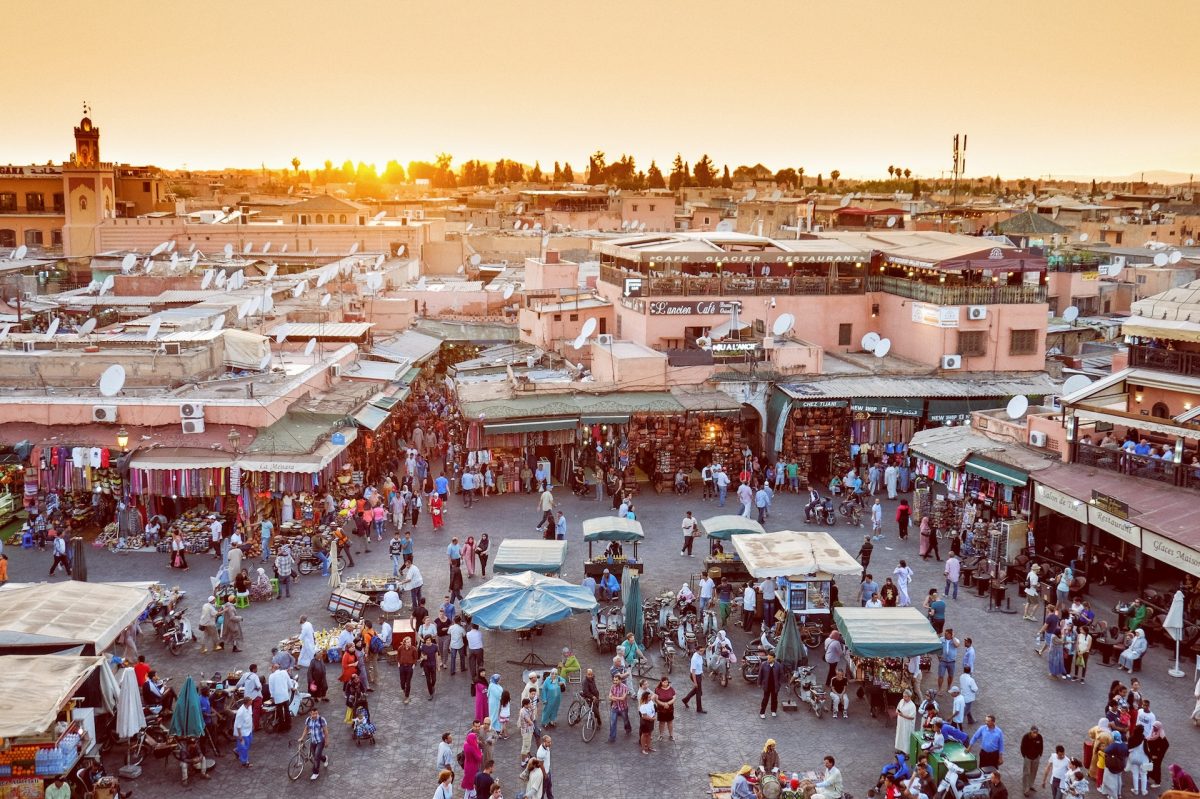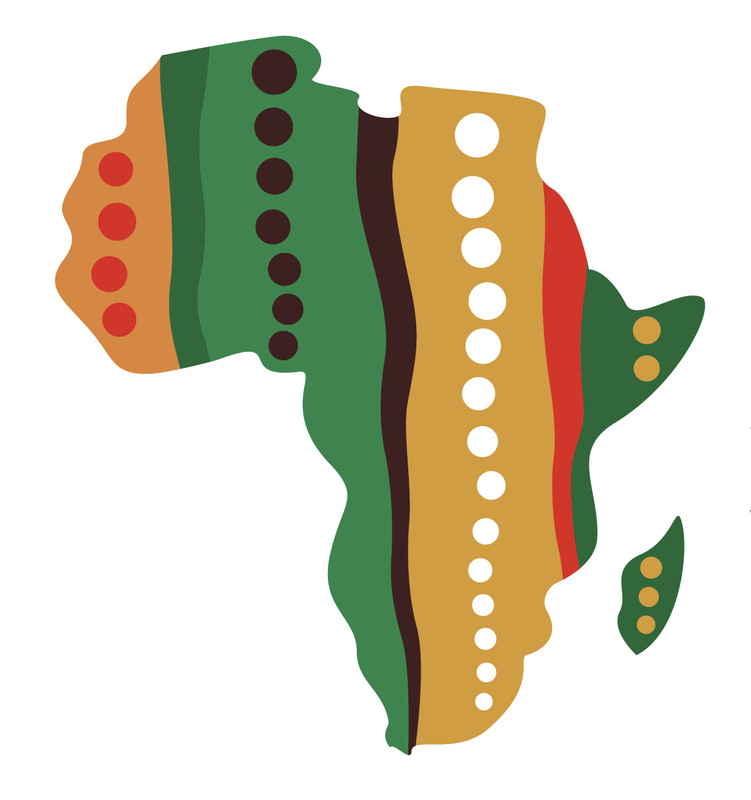I attended the 2021 pre-summit for the world’s premier forum for African agriculture, the Agricultural Transformation for Sustainable and Resilient Food Systems (AGRF). The forum consisted of many great speakers and commentators discussing different parts of African agriculture, from the fiscal and political side to the implementation and community side.
Agriculture in Africa has been growing a lot in the past two decades, and this has led to many great advancements for the people of Africa. Higher life expectancy, social progress, less expensive food, and better lives for the farmers has all come about through the expansion and success of the agricultural sector. Dr. Keith Fuglie, Senior Economist of the USDA Economic Research Service, discussed how this growth in agriculture has led to better wages for farmers and more resilient economies in Africa. This resilience shined through during Covid 19, as agriculture has continued to grow even as other areas of countries have struggled.
However, Dr. Fuglie states that progress has not been even across Africa. Somewhat contrary to expectation, resource rich countries that primarily export have not experienced the same growth as other countries in Africa. Giving a somewhat cautionary ending remark, he said that while there has been wonderful growth, this growth is not sustainable at the current levels because it has been enjoyed through land acquisition and expansion of current land use for cultivation of crops. He instead gives the solution that to continue the growth in Africa, countries need to increase the productivity of the land in current use, to try to use better practices and technology to grow more crops efficiently and sustainably. The High Atlas Foundation, a foundation focusing on sustainable development and prosperity in Morocco, has taken this issue head on. The USAID Farmer-to-Farmer Program in Morocco, implemented by HAF, applies this solution with primarily women’s and youth cooperatives by providing technical and capacity-building assistance.
The “Harvesting Prosperity: Technology and Productivity Growth in Agriculture” World Bank report was cited in the summit, discussing progress in parts of Africa and what the countries need to do to continue the growth. Ethiopia and Ghana have both seen agricultural sector growth of 5%, which has led to reductions in poverty and higher quality of life. Ethiopia launched a policy for agricultural led industrialization from 1990 onwards that has significantly helped this division of the economy. Ghana has stimulated private investment and agricultural reforms in addition to using new technology that has allowed them to experience 5% returns. Both countries significantly increased investments in agriculture R&D as well as rural infrastructure to connect farmers to markets and create a more efficient economy.
Our panelists consisted of: Kevin Chika Urama, Senior Director, African Development Institute, African Development Bank group; Ms. Lulama Ndibongo Traub, Chair, Technical Committee for the Regional Network of Agricultural Policy Research Institutes (ReNAPRI); Tilahun Amede, Head of Resilience, Climate and Soil Fertility, AGRA; and Dr. John Olwande, Research Fellow, Tegemeo Institute of Agricultural Policy and Development at Egerton University.
Mr. Kevin Urama spoke about how building agricultural growth is not a linear approach. There will be times when there will be significant progress and others when there will not be as much, but he stressed that there needs to be better implementation of the policies to foster this growth. There are already policies in place that will help the agricultural sector, but they need to be uniformly enforced to see real gains. His main talking point was that investing in research and development services is key to try and have national innovation systems and increasing digitization of agriculture. Modernization of many of the practices and systems would lead to much higher productivity for farmers and land in Africa and digitization would make crops easier to produce and to sell. He finished with a call to action, relaying the need for an agriculture innovation fund for Africa. This would preferably be African-led and funded and would allow technology to be produced and shared across countries to better the lives of everyone.
Ms. Lulama Traub reiterated many of Mr. Urama’s points, discussing the need for better implementation of policies as well as higher productivity in land used for growing crops. She stressed that Africa should reach the target of 1% agriculture GDP being invested into agricultural research and development, hoping to continue to find new technologies and better growing methods to continue the success of the industry. There is a need to lighten the load on Africa’s leaders through providing a timely, fiscally feasible method of change for agriculture.
Furthermore, Mr. Tilahun Amede discussed how landscape-based approaches to agriculture would be better for the country and environment as well as improving the use of the land. He also spoke in depth about how there need to be targets set for the new technologies being used in agriculture and that there needs to be more testing. He proposed testing the new technologies in smaller locations then unveiling them to the rest of the countries in Africa. In addition, he spoke about how using the technologies in conjunction with each other, such as a good water management system and better growing practices, has a much larger cumulative effect than using them by themselves.
Finally, Dr. John Olwande conveyed the need for consistency. The consistency of messages and evidence that scientists put forth to guide policies and decisions by private sectors is very important for the growth of agriculture. Confusion leads to inaction, which does not help Africa.
Overall, Africa is experiencing progress in agriculture and needs better implementation of policies to continue this growth. African countries should have 10% investment in agriculture and 1% investment in agricultural research and development to help foster this success.
In the closing remarks, Dr. Clara Cohen, Executive Director, Board for International Food and Agricultural Development, discussed how small-scale mechanization and innovation approaches are important to the whole of the African agricultural system. This leads to the need for partnerships with local institutes and global institutes to also strengthen their credibility and create an atmosphere of knowledge sharing and innovation. She finished by saying there should be an African peer review to promote knowledge-sharing and to maintain adequate data systems. Africa has the tools it needs to develop agriculture even further; it just needs to act on the policies and advance the technology. Working together will make achieving these goals easier and allow African countries to improve their economic output and the way of life of their farmers and people.
Henry Prillaman is a student at the University of Virginia and an Intern at the High Atlas Foundation.





